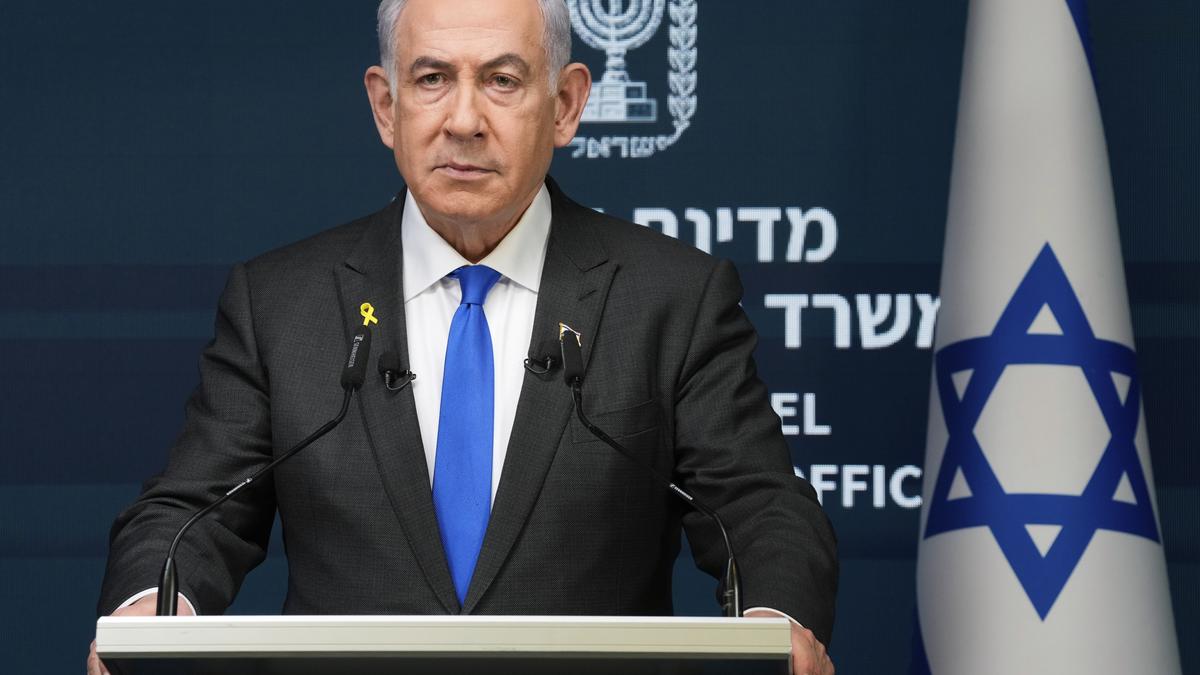Israel postponed a Cabinet vote on the ceasefire deal on Thursday (January 16, 2025) that would halt the fighting in the Gaza Strip and release hostages as Israeli airstrikes killed at least 72 people in the war-torn area.
Prime Minister Benjamin Netanyahu cited a last-minute dispute with Hamas for the delay in approval, causing concerns about the deal’s implementation within Netanyahu’s government coalition. This came just a day after U.S. President Joe Biden and Qatar announced the completion of the agreement.
While Palestinians in Gaza, hostage families, and world leaders celebrated the outcome of months of diplomatic efforts, Netanyahu rescheduled the Cabinet vote for Friday, blaming Hamas for backing out of parts of the agreement without specifying which parts.
In a briefing, Israeli government spokesman David Mencer mentioned Hamas’ new demands regarding the deployment of Israeli forces in the Philadelphi corridor as the reason for the holdup in the approval of the deal.
Hamas, on the other hand, denied these claims and reaffirmed its commitment to the ceasefire agreement mediated by others.
The ceasefire agreement faced resistance from Netanyahu’s far-right coalition partners, with national security minister Itamar Ben-Gvir threatening to resign if the deal is approved.
Egyptian Foreign Minister Badr Abdelatty urged Israel and Hamas to implement the ceasefire plan promptly, emphasizing Egypt’s role as a key mediator in the negotiations.
The deal, announced on Wednesday, would result in the release of hostages held in Gaza and a temporary halt to the conflict with the aim of eventually ending a 15-month war that has caused instability in the region and sparked global protests.
The conflict began with Hamas’ cross-border attack on October 7, 2023, which led to a devastating Israeli offensive resulting in significant casualties and displacement in Gaza.
Netanyahu faces pressure to prioritize the release of hostages, but divisions within the Israeli government have raised doubts about the deal’s approval and implementation.
The potential resignation of Ben-Gvir’s Jewish Power party could weaken Netanyahu’s government, although it would not necessarily lead to its collapse or derail the ceasefire deal.
Israeli military strikes continued in Gaza despite the ceasefire announcement, leading to further casualties and heightened tensions in the region.
The ceasefire agreement involves the release of hostages and the withdrawal of Israeli forces from certain areas, but the remaining captives and the long-term governance of Gaza remain key issues to be resolved.
International criticism has been directed at Israel for the civilian toll in Gaza, with concerns raised about the use of civilian infrastructure for military purposes by Hamas.
As the situation in Gaza remains uncertain, the prospect of a prolonged insurgency looms if the conflict persists, highlighting the challenges of postwar reconstruction and stability in the region.
Published – January 17, 2025 05:01 am IST








































